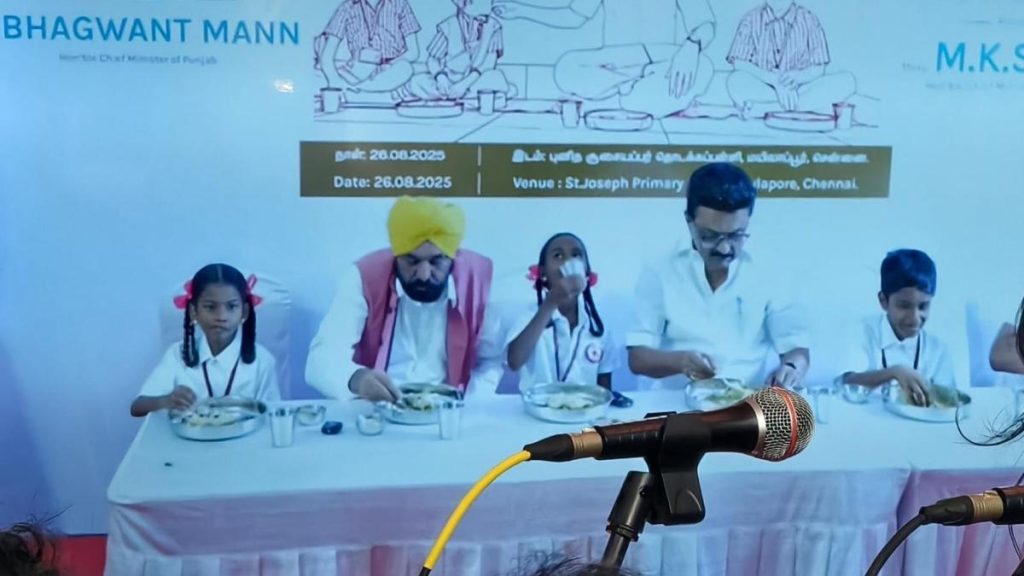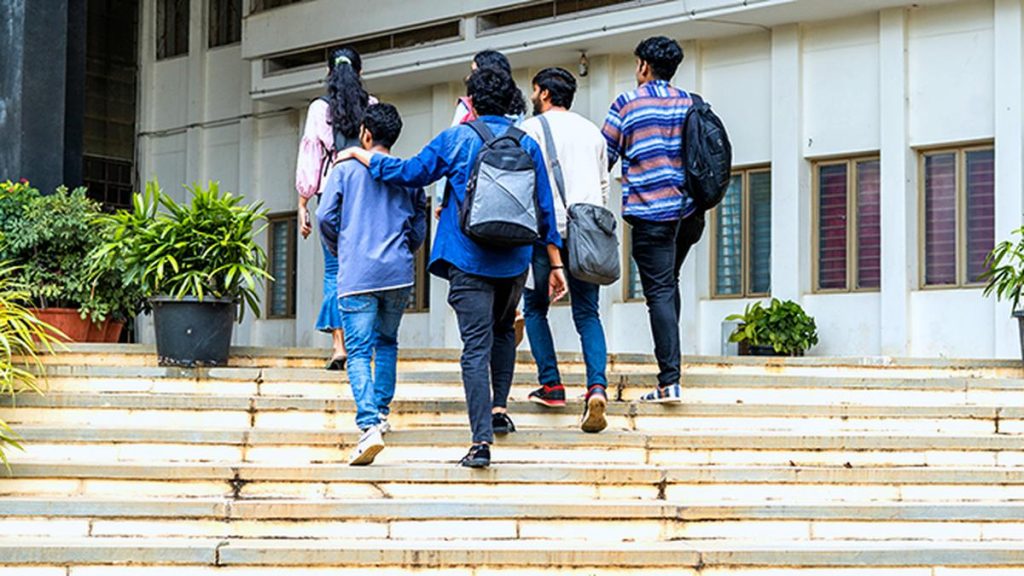Now Reading: Kerala Launches Campaign to Raise Awareness on Amoebic Meningoencephalitis Prevention
-
01
Kerala Launches Campaign to Raise Awareness on Amoebic Meningoencephalitis Prevention
Kerala Launches Campaign to Raise Awareness on Amoebic Meningoencephalitis Prevention

Swift Summary
- Health Campaign: The State is launching a mass awareness campaign across districts to combat amoebic meningoencephalitis and implement preventive measures.
- Current Situation: 41 cases reported this year, wiht 18 active cases. Cases are concentrated in Thiruvananthapuram, Kollam, Kozhikode, Wayanad, and Malappuram.
- Government Actions:
– Intensified surveillance across affected districts.
– All districts instructed to stock ample drugs for treatment.
- Preventive Measures:
– Cleaning and chlorination of water storage tanks in homes, institutions (hospitals, schools), resorts, theme parks by August 30-31.
– Public waterbodies will be cleaned; waste channels closed; algae removed.- Drinking water sources inspected for safety by health workers.
- Compliance Enforcement: Strict action under the Public Health Act against those failing chlorination protocols at relevant establishments (e.g., swimming pools).
- Post-Onam Educational Drive: teachers and students will be trained on preventing infection. Warning signs placed near contaminated water sources.
Indian Opinion Analysis
The State government’s proactive measures to address amoebic meningoencephalitis reflect timely intervention amidst increasing cases across multiple regions in Kerala. The emphasis on cleaning public and private water sources signals an effort to tackle not only the disease but broader health risks posed by contaminated water systems.
The mass campaign involving local self-government bodies underscores community-driven engagement that aims to make preventive steps practical at grassroots levels. However, effectiveness will likely hinge on sustained vigilance post-cleaning efforts-especially considering ongoing systemic challenges such as poor waste management around public waterbodies.
Furthermore, addressing compliance through strict enforcement appears necessary but scaling resources for monitoring remains a critical factor given the expansive scope of affected areas highlighted. The integration of educational drives after Onam could bolster awareness long-term if adequately resourced.
Overall focus on chlorination serves immediate containment needs while highlighting scope for continued improvements in public sanitation infrastructure critical to reducing recurrence rates from similar outbreaks.






















